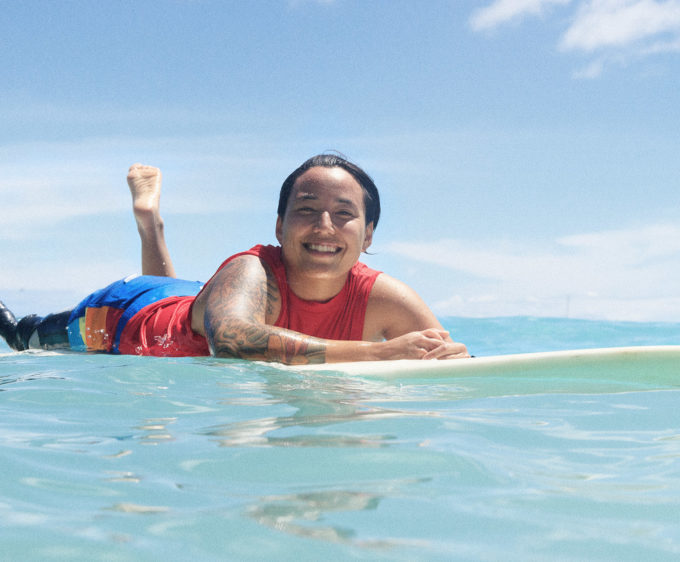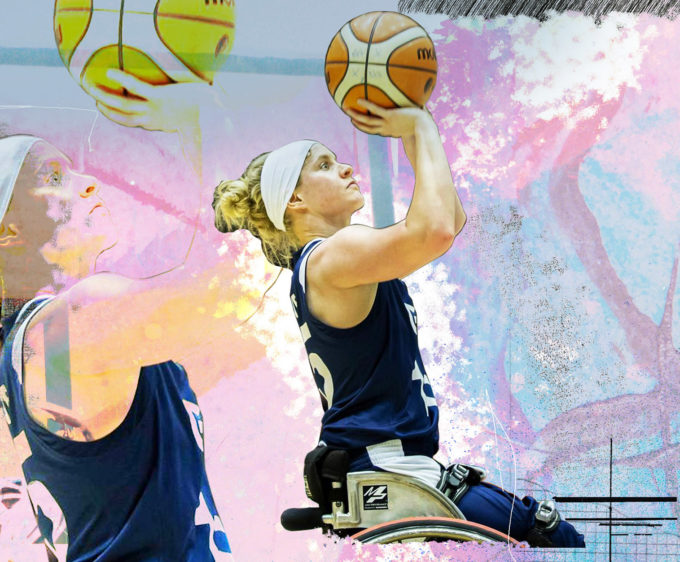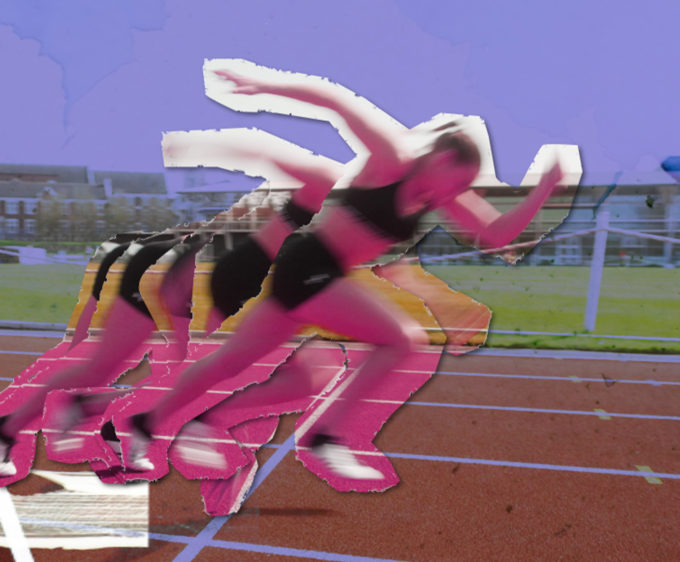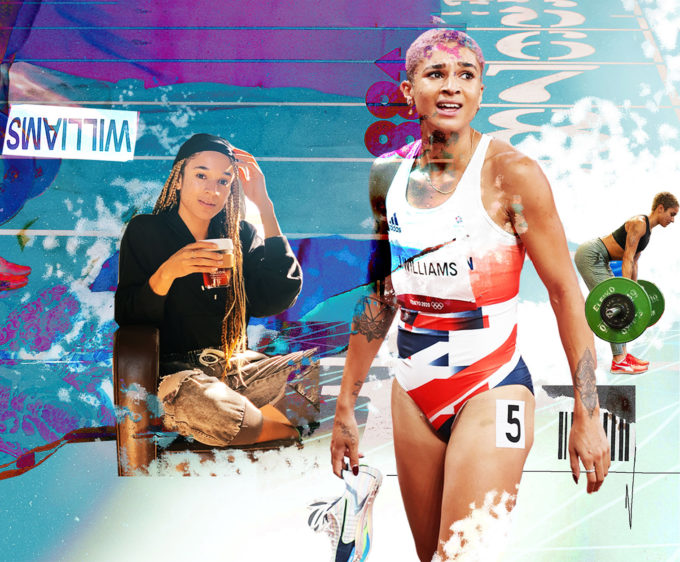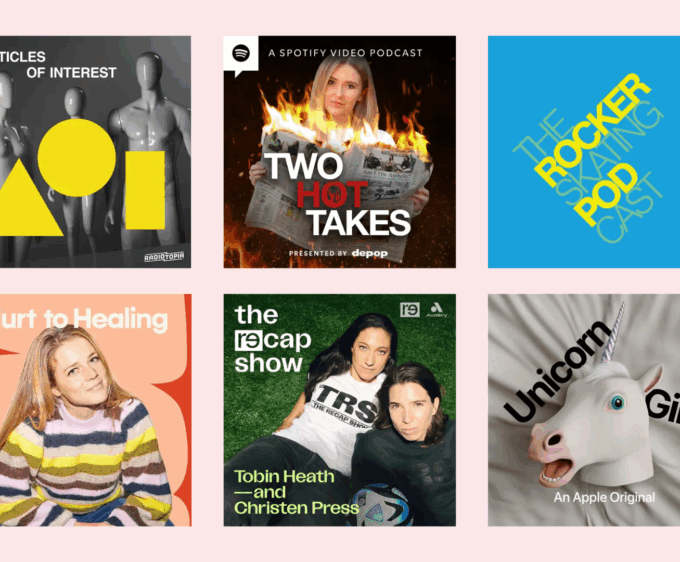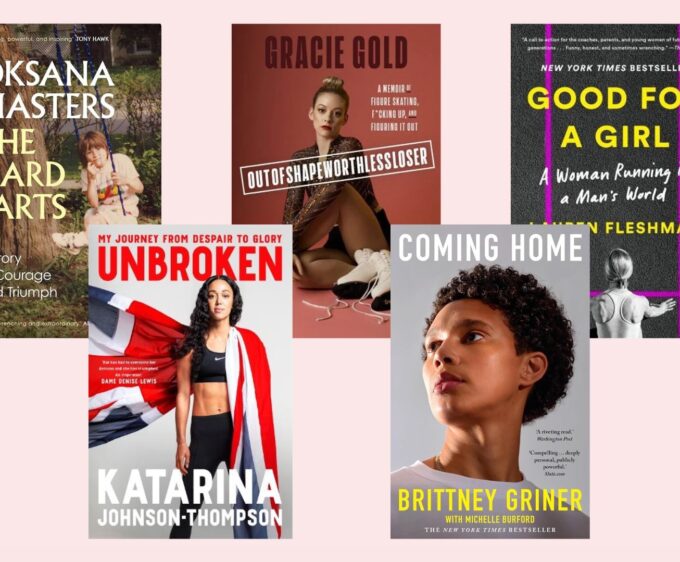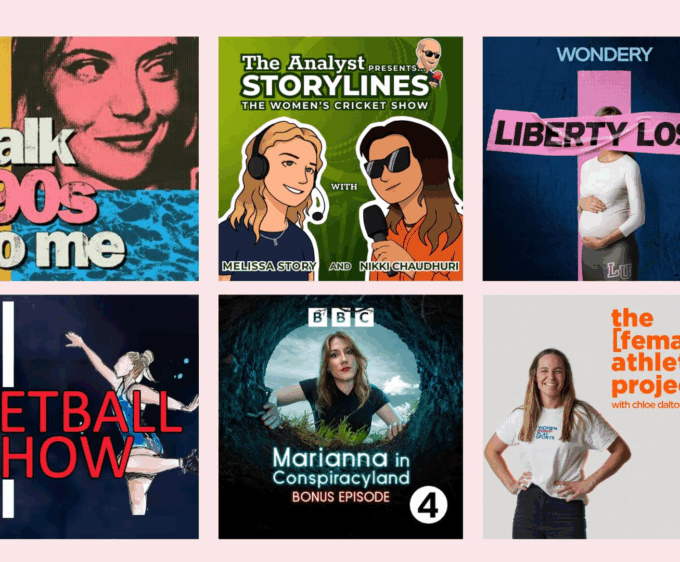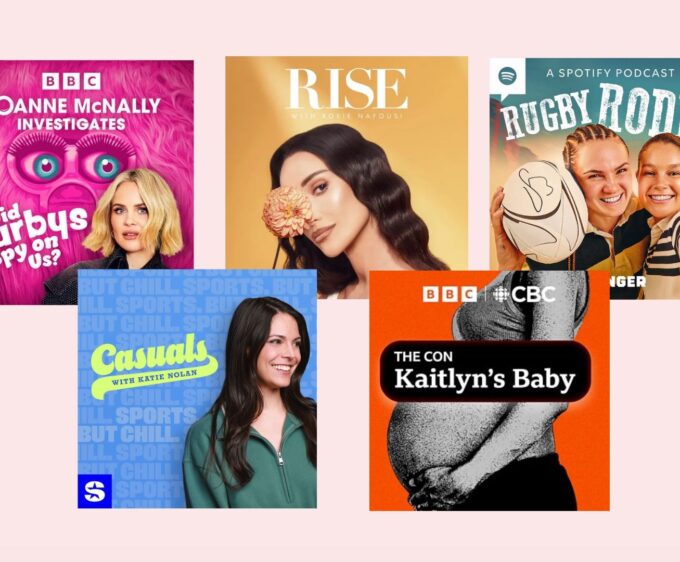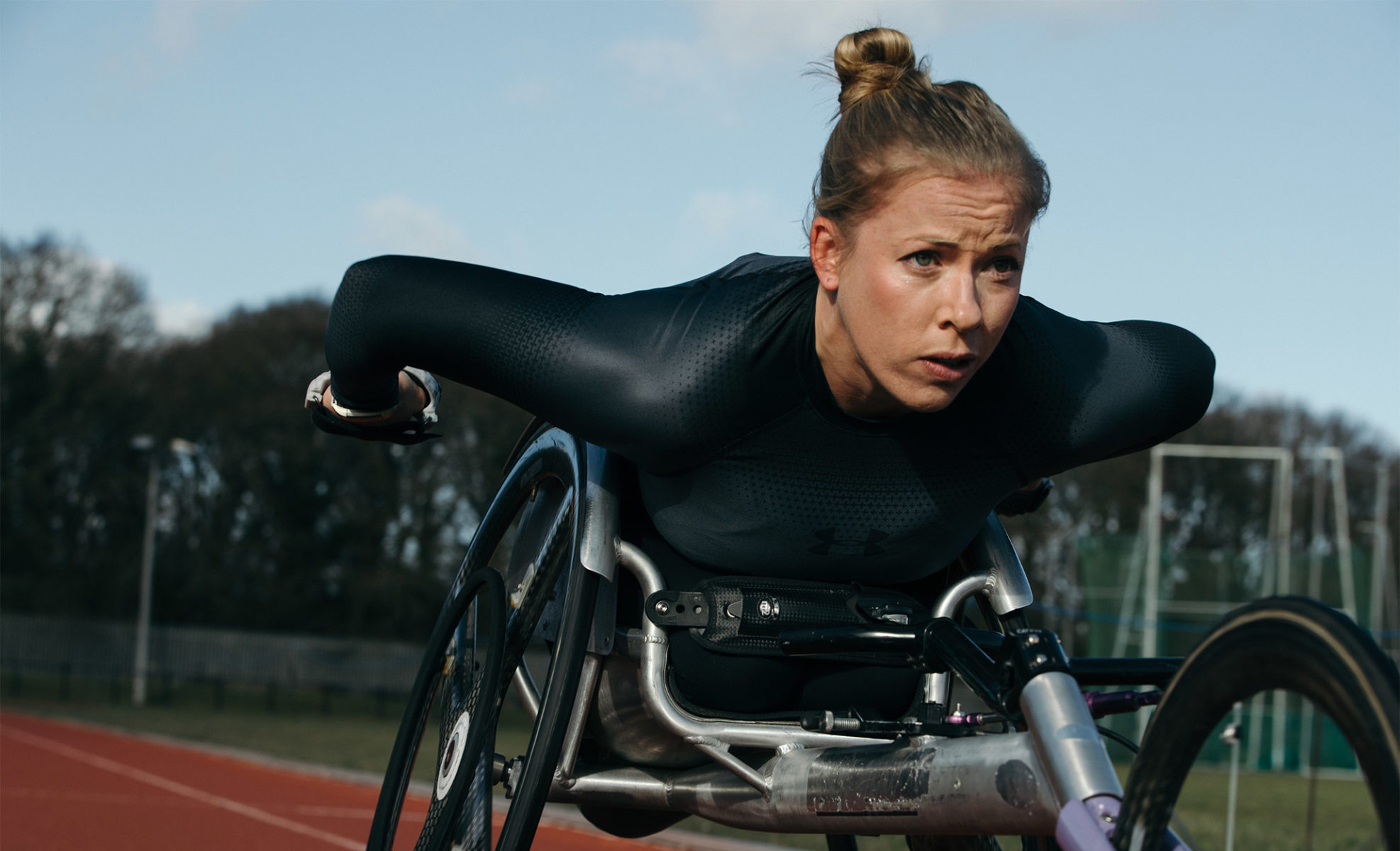
True Independence
“I am a work in progress.” In her own words, Paralympic athlete Hannah Cockroft recounts the highlights, lowlights and life lessons of a fruitful career
By Hannah Cockroft
Photography by James Cannon
As seven-time Paralympic Champion, twelve-time World Champion and World Record holder in the T34 100m, 200m, 400m, 800m and 1500m in wheelchair racing, everyone expects me to recall one of these titles as my proudest achievement, but to me, my proudest achievement in life is my independence.
When I was born, doctors told my parents that I would never walk and that I would never live an independent life. I had two cardiac arrests at birth that left me with multiple areas of brain damage and, subsequently, also left me with nerve damage, deformed legs and feet, weak hips and mobility problems. Aged three, I took my first steps unaided and at the age of 18 I represented Great Britain for the first time, bringing home my first World Champion title in my debut race for Queen and Country.
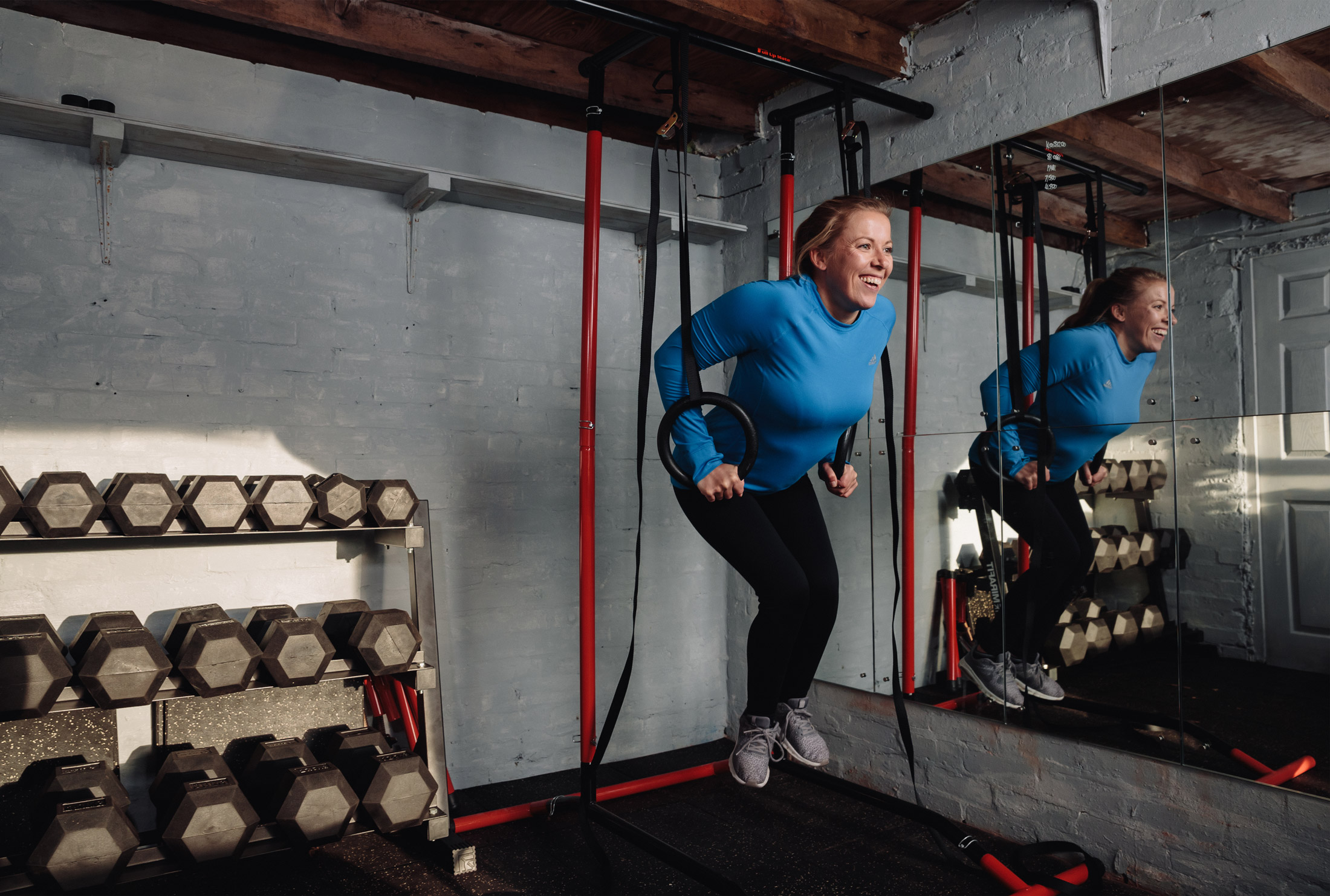
There is obviously so much that happened between those two events, but somewhere in the middle came acceptance; acceptance of myself, of my disability and of how far it could take me if I let it. Growing up, I fought to be as able as I could be. I followed my two brothers through mainstream school, I walked everywhere, supported by specially made splints on my legs and big heavy boots to hold my feet straight. I avoided my wheelchair at all costs. In my head, that was independence – because I looked and acted like everyone else. That all changed when I was 12.
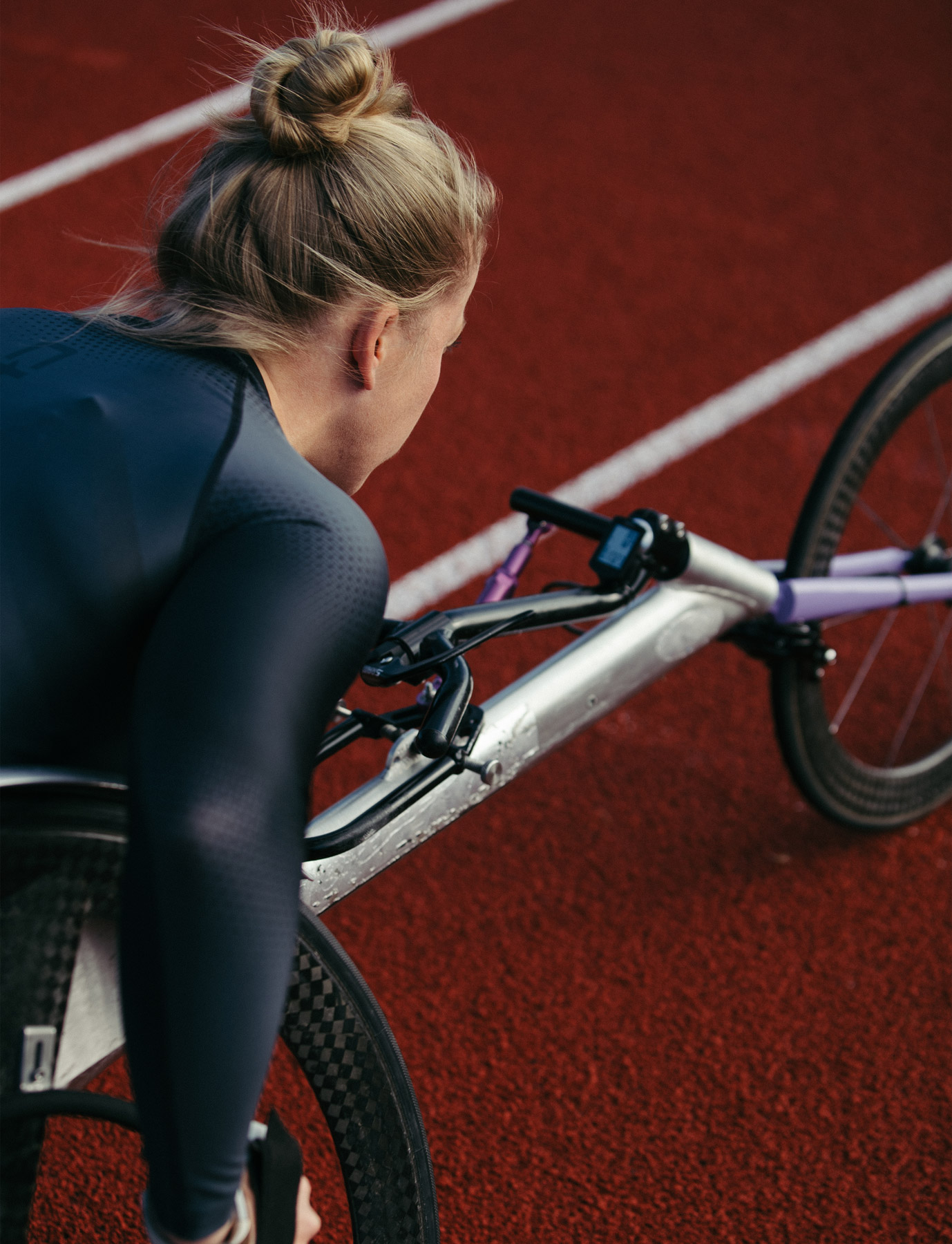
My PE support assistant invited the local basketball team to do a demo in one of my classes. Up until this point, PE for me was mostly doing something separate from the rest of the class, it was using the exercise bike or the rowing machine, or sometimes it was just sitting and watching. I loved the idea of sport, but I just couldn’t find anything that was accessible for me. When the team came in, they changed my life in an instant.
These guys were flying around in wheelchairs, moving so seamlessly and quickly; unafraid and unapologetic for what their bodies could or couldn’t do. I instantly fell in love and that evening my dad took me to the coach’s house and signed me up to the team. Suddenly, my wheelchair went from something to avoid – something that sat in the cupboard just waiting for the days I couldn’t walk a step further – to being something I couldn’t wait to jump into and never wanted to leave. And so, a whole world of Paralympic sport opened its doors to me, and I couldn’t wait.
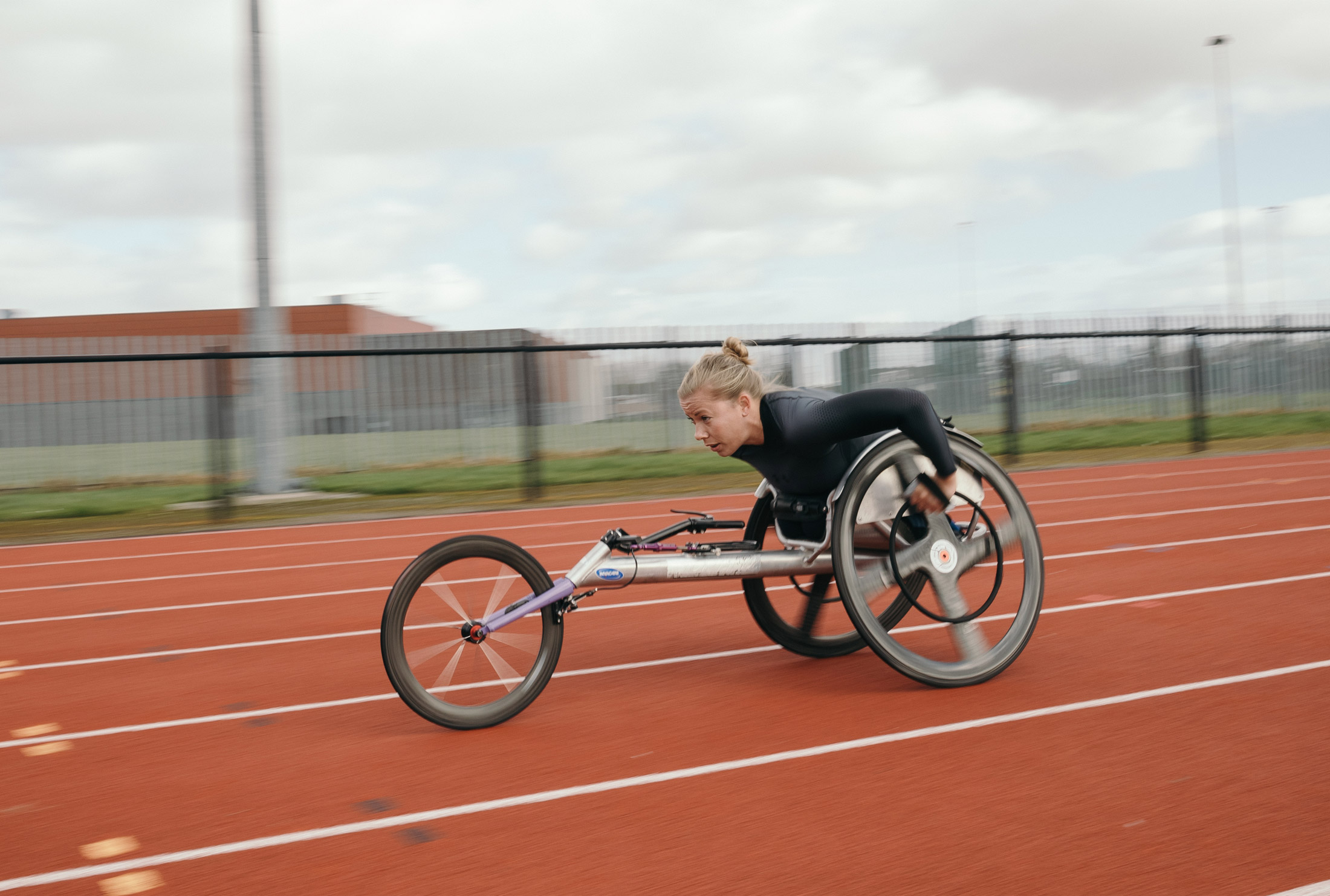
Through the club, I tried anything they could offer me, from wheelchair basketball to wheelchair tennis; wheelchair rugby to Para-athletics. At the age of 15, the opportunity to try wheelchair racing came up. As soon as I jumped into the new style of wheelchair, I knew it was for me. I felt proper speed for the first time, I had freedom to move around the track without the support of an adult or a team, and I just felt free. I took to it straight away. Soon after, the other sports and after-school activities started falling away so I could spend more time on the track.
At first, my motivation was just to win. I loved the feeling of being the best at something after a lifetime of always being that one step behind. The more finish lines I crossed in first place, the more addictive victory felt. And it stayed this way for years. I could talk about London 2012 and World and European Championships for pages, but you can read those stories anywhere. The stories you don’t hear so much are those of the silver medallist.
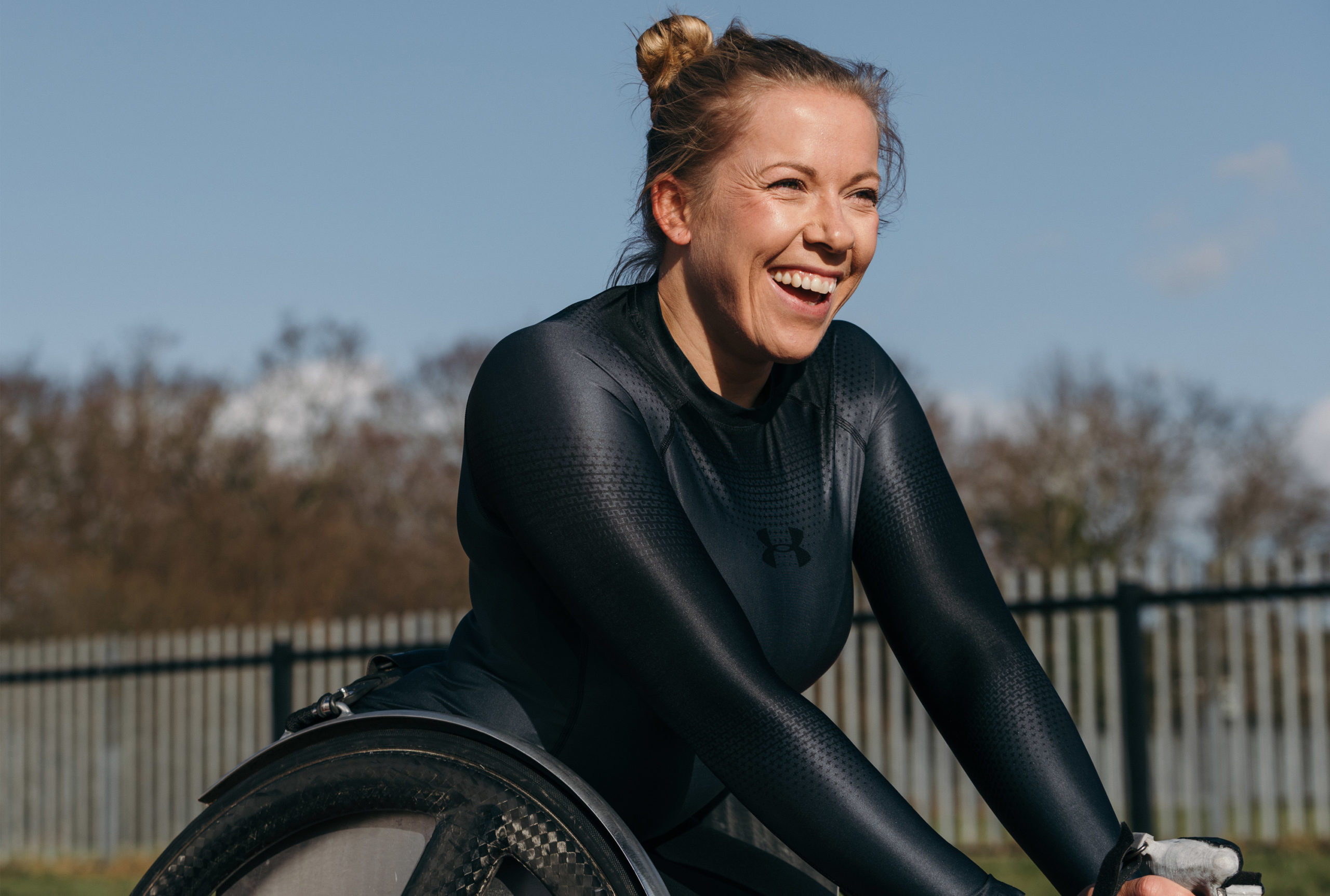
ACCEPTANCE
2018 will always stick with me as being both the best and worst year of my life. Up until this point, I had only been beaten once in my 10-year racing career. But in 2018, my wheels completely fell off. Since the build up of London 2012 and after being sold as a ‘superhuman’ in Channel 4’s advertising campaign for the Games, I found a passion for being in front of the camera. That year, my dream job came along, and I took on the balancing act of full-time training with a presenting job for BBC Countryfile. I was always tired, I never had free time and I spent a lot of time on the road, but I convinced myself that if I could fit everything in, then everything would keep going my way. What I didn’t see at the time was that my sessions were half hearted or rushed. I wasn’t eating or sleeping well and having no recovery time was impacting on the training that I was managing to squeeze in.
It all came to a head at the Anniversary Games in July that year. I lost a lot more than a race that day; I lost my title on national TV and my 100m World Record was taken too. A month later, I took silver at the European Championships in Berlin, my first ever major international loss. It was a massive wake up call and it hurt a lot to realise that I had become complacent about the privilege of victory. I had only been winning for the last 10 years because of the work I had been putting in. As hard as I worked between the Anniversary Games and the European Championships, no amount of training could make up for the months that I had skipped or could slow down the girls who I was racing against. Ultimately, we can do anything, but we can’t do everything. Being the best in the world is a full-time job that can never be compromised.
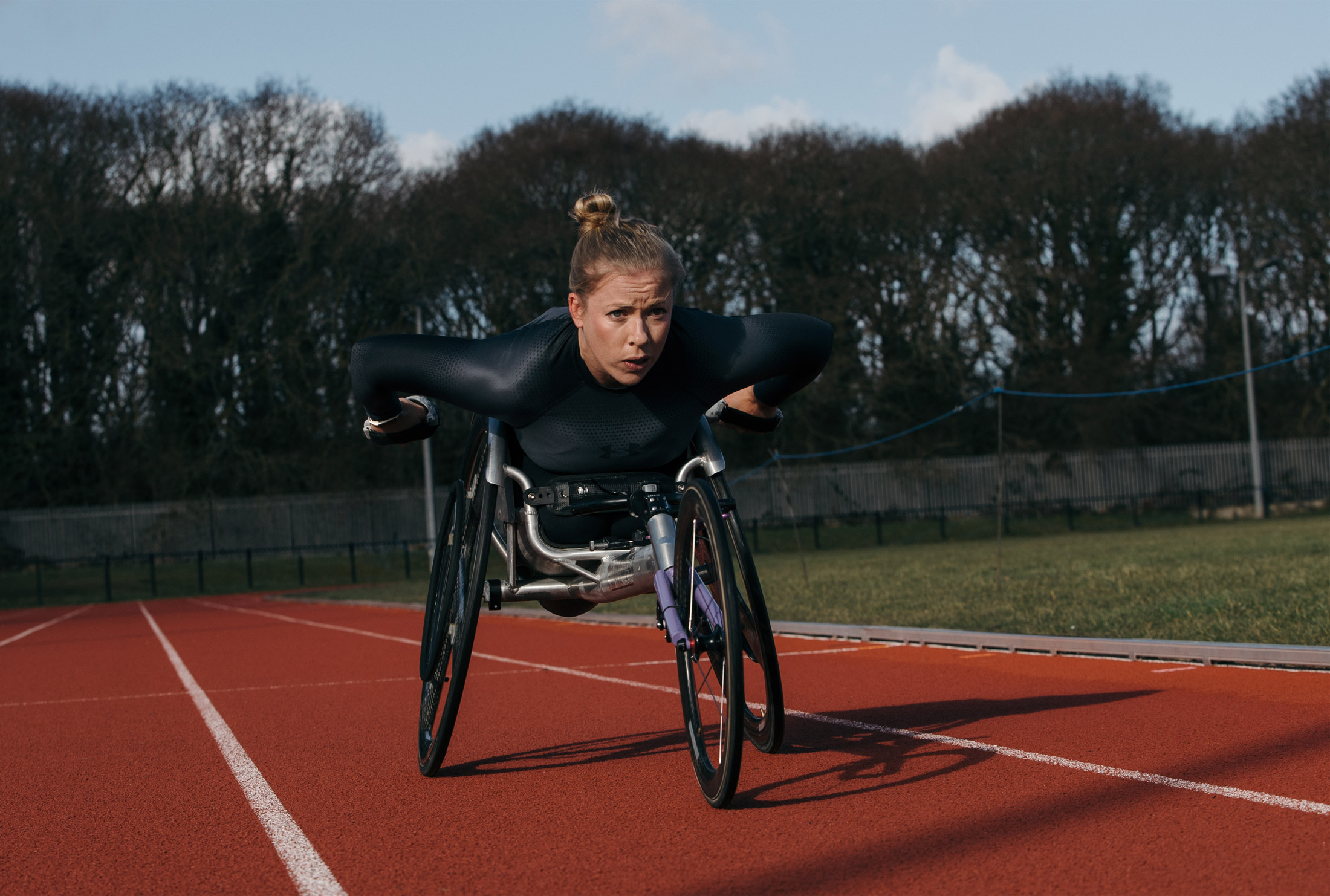
I will never regret my choices that year though. As a youngster I would never have dreamed of the experiences I had whilst filming. I herded Highland cattle across a beach in the Outer Hebrides, went on a dolphin observation and became a gamekeeper for a day, and the exposure I was able to give disability on Britain’s most watched TV programme was massively important to me. If I had seen someone in a wheelchair on TV when I was growing up, who knows how much quicker I could have accepted my own. Hopefully, I was able to give that acceptance and belief to someone watching at home.
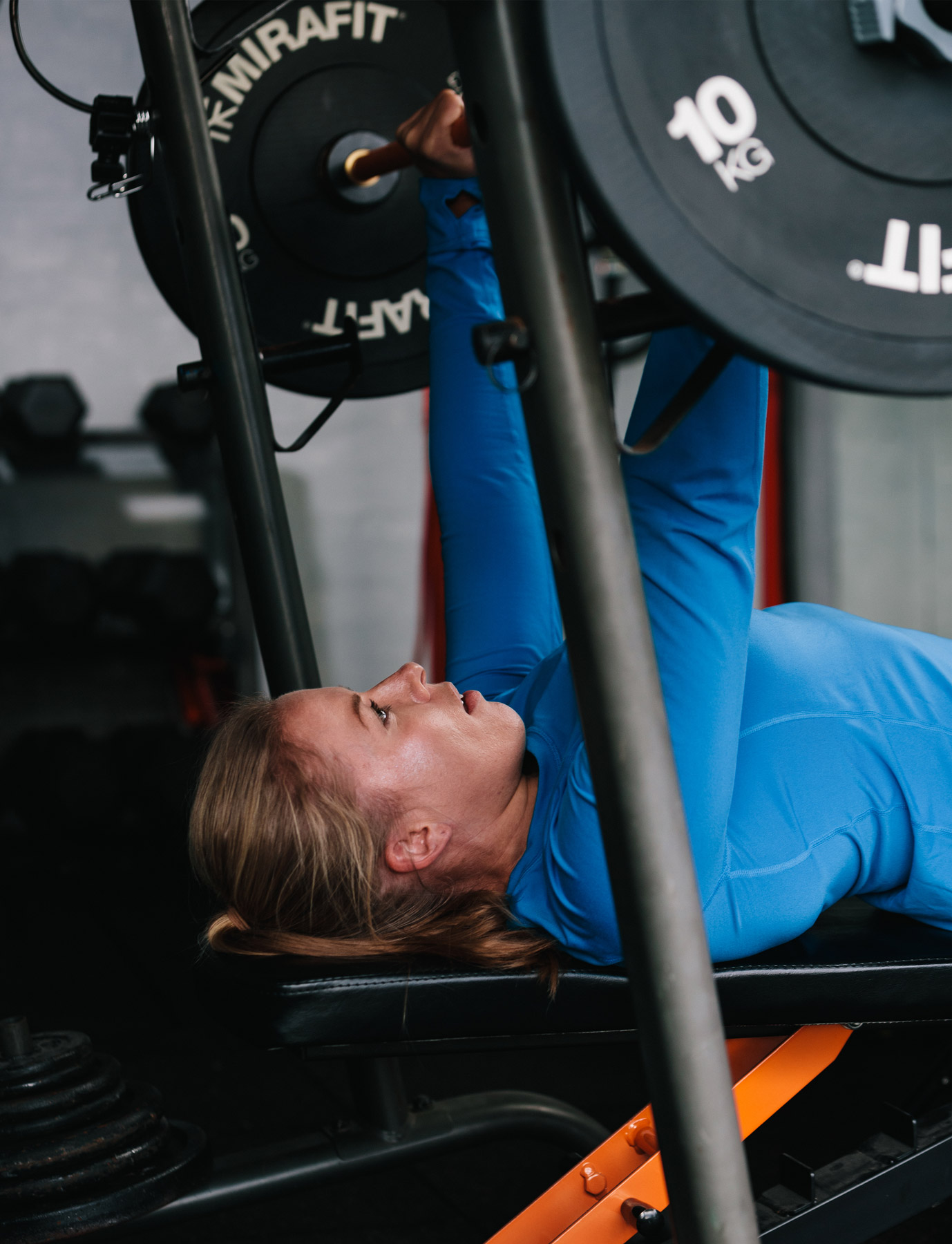
But that year also helped me realise how privileged I am to do what I do and how quickly it could be taken away. My motivation no longer came from winning; it came from challenge and progress. I moved away from home after 2018, I took over my own management, bought a new racing wheelchair, found a new strength coach, and started to train with a new club. It really was an ‘all or nothing’ approach to get back to the top, and thankfully, it paid off. I took back my 100m World Record and the gold at the 2019 World Championships in Dubai.
Soon after, we all had a new challenge to face; the Covid-19 pandemic and so, with the closure of tracks and gyms and the absence of competitions and international travel, my motivation had to change again if I was to make it to another Paralympic Games. With the end goal in unchartered sight and hanging by a thread that seemed to get thinner every day, progress seemed impossible but challenge surrounded us all. Day by day during lockdown, I realised that my motivation had to purely be enjoyment. The enjoyment of challenging myself and seeing how far I could push my body in every session. I spent a year pushing miles but going nowhere, and lifting weights in my garage, with no way to see if any of the work was improving my times or speeds, but just to enjoy the process and give each day stuck inside, some meaning, that might, hopefully, be worth it when the World opened back up. I was so excited to see how fast I could go when I got everything right and it’s a great feeling to no longer just thrive on victory, but on passion for my sport.
That time came at the 2021 Paralympic Games in Tokyo. I hadn’t seen my competition since that last World Championships and no one knew what shape the girl next to them was in, but at this Games, a feeling of calm overtook the nerves. I felt lucky to be at the Games that almost didn’t happen, and I felt relieved to already know my work indoors was paying off, as I had broken 13 world records so far in the 2021 season. I finished Tokyo with my sixth and seventh Paralympic titles, and a new 100m world record of 16.39 seconds- number 14 of the season.
I achieved all of this after a build up like no other. I spent the last month before the Games isolating at home and training in a plastic greenhouse to acclimatise to the Japan heat! But I know that if I can achieve such great things in this way, then there is so much more to come. I am a work in progress and as long as I can continue to enjoy the challenge, everything else will be a bonus.
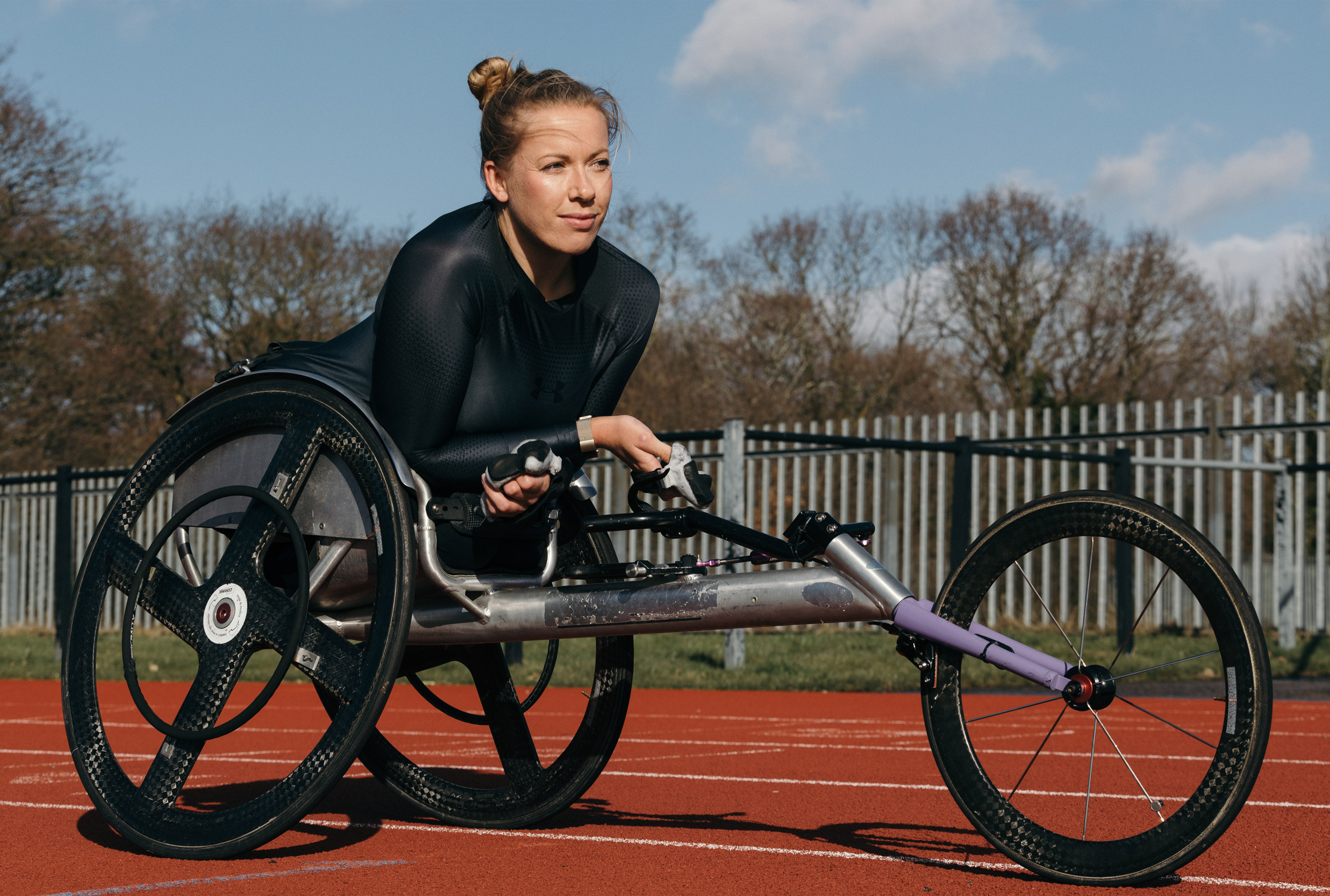
Editorial Design Root

